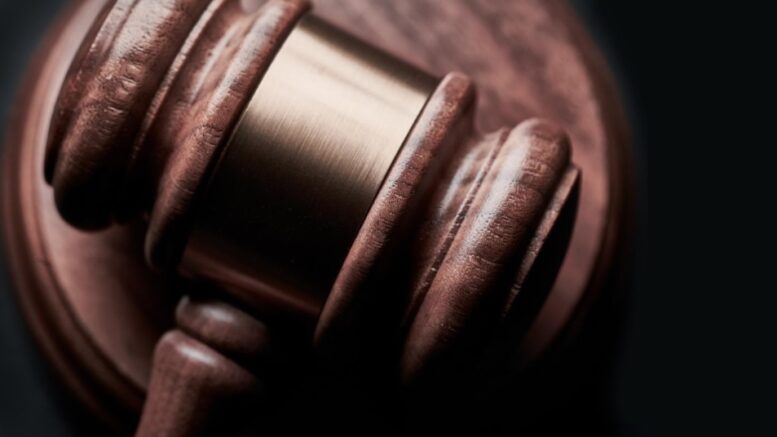Since the passage of the Agriculture Improvement Act (commonly known as the “Farm Bill”) of 2018, hemp has been excluded from the definition of marijuana under the Controlled Substances Act, provided it contains less than a 0.3% concentration of tetrahydrocannabinol (THC). This has led to an explosion in the production and sale of hemp-sourced CBD products within the legal cannabis market.
As in any industry, a significant increase in market saturation can trigger some confusion among consumers. There are misconceptions, for example, around the legal status of CBD as relates to U.S. Food and Drug Administration (FDA) approval. To date, the only CBD product approved by the FDA is a pharmaceutical-grade CBD oil known as Epidiolex, which is used to treat seizures associated with conditions like Dravet or Lennox-Gastaut syndrome. Epidiolex has been approved by the FDA and prescribed to patients since June 2018.
The approval of Epidiolex by the FDA has led to many consumers assuming all CBD products — including non pharmaceutical-grade wares in the public market — are approved by the FDA as valid courses of treatment for a number of disorders including chronic pain, depression and anxiety. In some cases, this misconception is proliferated by less-than-scrupulous vendors who are all too happy to make money from it.
The medicinal and therapeutic potential of high potency CBD isolates, which are THC-free and over 99% pure, are enthusiastically backed by countless anecdotal testimonies via product reviews and a growing body of scientific literature. However, the FDA’s contention is that considerably more time and research is warranted before a formal ruling can be made on the efficacy of non-pharmaceutical-grade products.
Let’s go over the FDA’s current provisions around CBD products available to the public, as well as the future of CBD in terms of full FDA approval.
FDA Rulings on CBD as a Drug, Treatment or Dietary Supplement
In November 2020, the growing number of spurious medical benefits attributed to CBD caused the FDA to send out a wave of warning letters to select CBD companies, and established fines as well as product seizure penalties to back new product labeling guidelines set in stone in February this year.
The guidelines prohibit the printing of any medical claims whatsoever on CBD product labels, and restrict the marketing or categorization of CBD products as drugs, courses of treatment or dietary supplements. This has done little to discourage the happy consumers opting to use CBD as a health supplement against conditions like arthritis, but has successfully stopped what the FDA considered to be underhanded, “Wild West-style” marketing tactics by unsavory sellers.
Is CBD on the Cusp of Full FDA Approval?
As of this writing, there are only one cannabis-derived drug product (Epidiolex) and three cannabis-related products approved by the FDA; namely Marinol, Cesamet and Syndros. All three contain either a synthetic form of delta-9 THC or nabilone, a synthetic compound with a similar chemical structure to THC.
While many in the CBD space consider the FDA’s approval of Epidiolex as a sign of things to come, the federal agency maintains that a substantial amount of time and scientific research will be needed before it reassesses its stance on non pharmaceutical-grade CBD.
